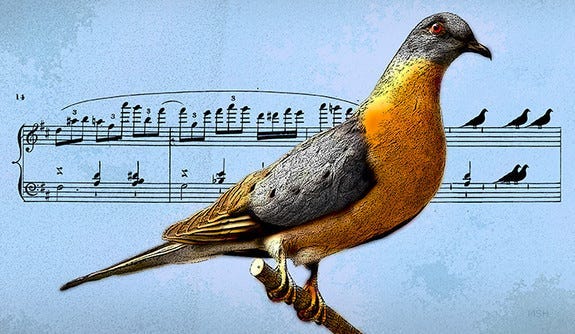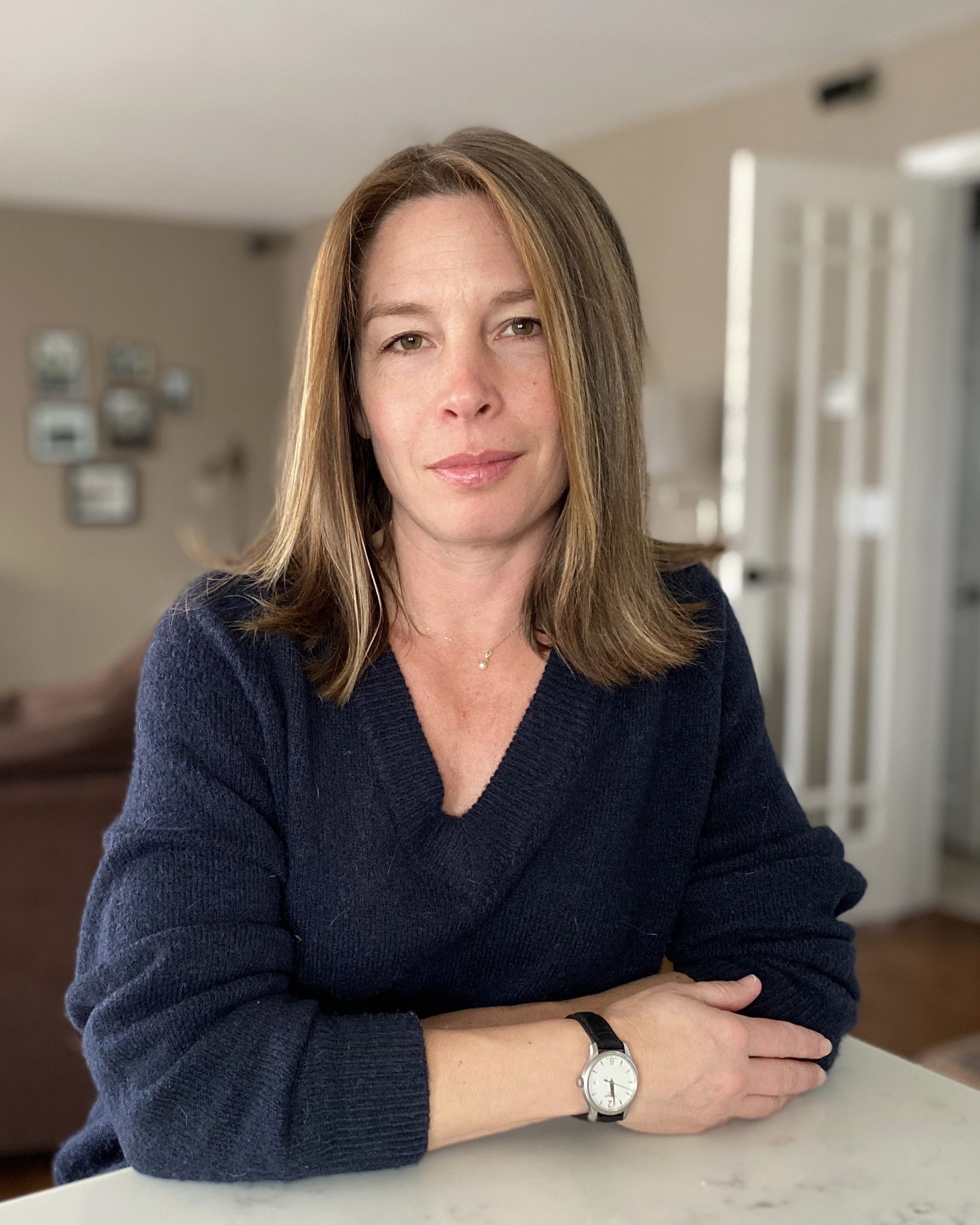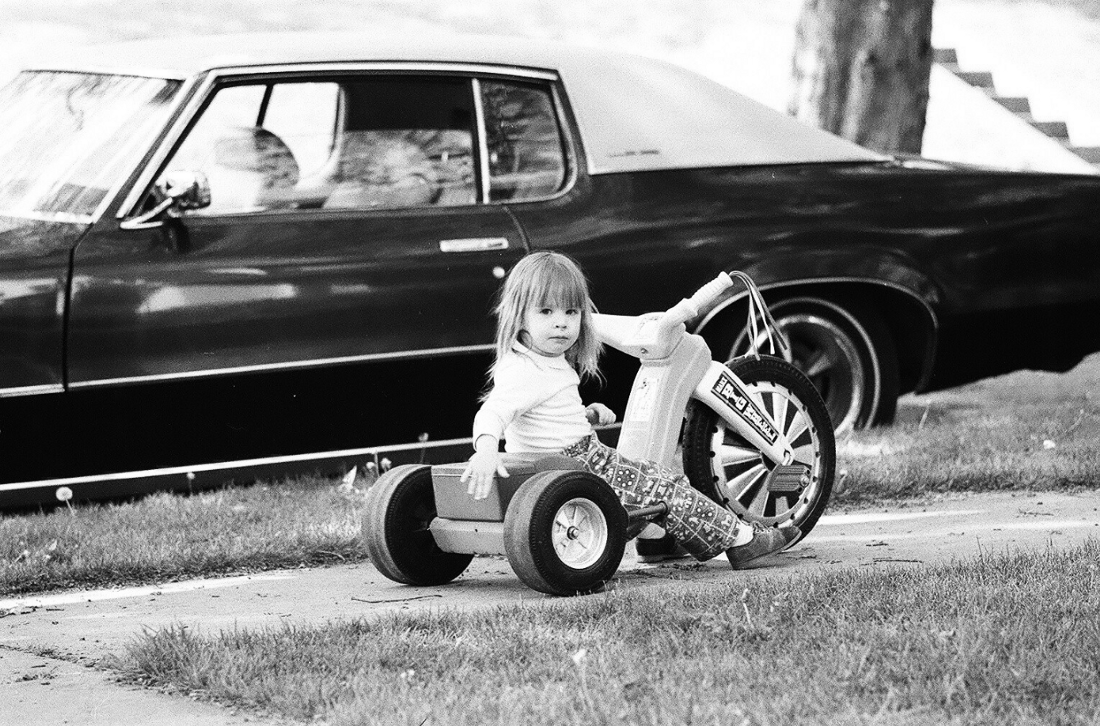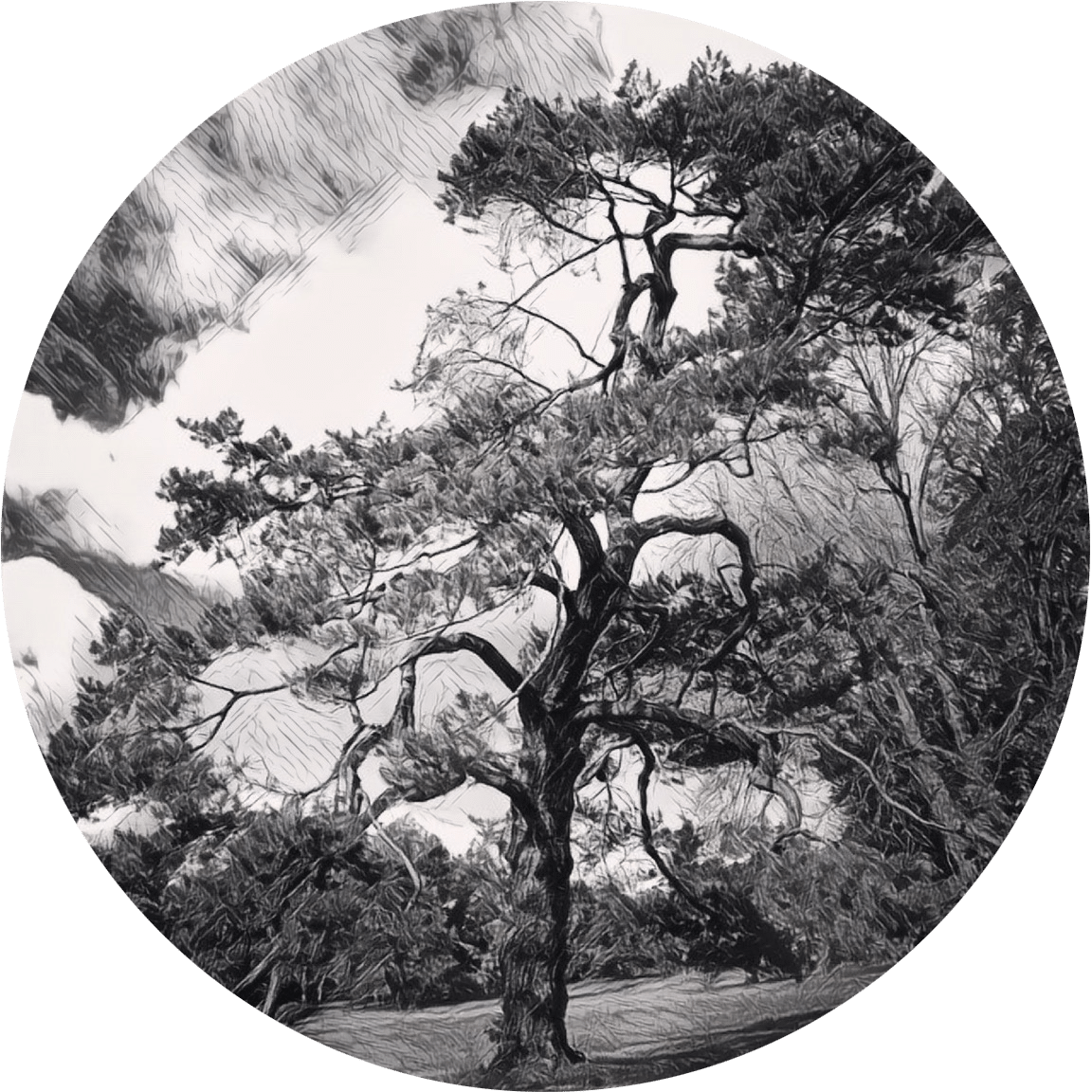But I didn’t change my mind about kids
One of the questions frequently posed to childfree people is a two-parter: A: “What if you regret it?” B: “Aren’t you afraid of dying alone?”
My reason for not wanting kids was so simple (I just didn’t want to be a parent) that those weren’t questions I ever asked myself. Beyond the occasional checking-in with myself (“Still sure? Yep; Right choice? Still yep; Okay, carry on” — prompted not by inner uncertainty but by lifelong conditioning), my decision, once I reached the point of being able to wave off the expectations of others, seemed like it would stay pretty simple forever.
But then someone asked, “Aren’t you afraid you’ll regret it?”
Wasn’t I afraid of dying alone?
(I’d like to point out the subtly sinister, vaguely threatening, and potentially schadenfreude-ish nature of that question.)
But, truthfully, I hadn’t ever thought as far ahead as “dying alone” in old age. I’d never wondered who would or wouldn’t be around me when I stopped breathing.
I didn’t want to think about it. I didn’t even like the idea of home ownership at the time because of its association (in my head) with old age and death. Any time I could avoid imagining that I’d get old and die, I would. Even now, closer to 50, I feel the same way about the words “forever home” as many, for some reason, feel about the word “moist.”
*shudder*
That said, it didn’t feel dishonest to say “no” to questions about regret or about “dying alone.” A lot of people, parent-people included, were old and alone. It seemed to be the way of things. In my late twenties, I worked as a job coach in a nursing home. I saw how packed the halls weren’t with adult children interested in spending time with parents who were on their way out. I remember watching one resident, an old woman, get wheeled to the lobby for a visit from her son. The nurse handed control of the old woman’s wheelchair to a guy in his late-30s who cheerfully ignored his mother’s thin-fingered, protesting hand every time he put a spoonful of ice cream to her mouth.
Over a decade later I’d spend three weeks visiting my dad in the intensive care unit of a Florida hospital where tubes were keeping him alive in his medically induced coma. My sister and I would show up daily to an empty waiting area, and on the way out we’d pass glass walls encasing bed-trapped patients immobilized by tubes and machines, unoccupied chairs for friends and family pushed neatly against the wall.
The nurses seemed surprised by our dedicated presence. “Most ICU patients rarely have visitors,” one of them said.
It seemed that no matter how many bedrooms parents filled with imagined safeguards against future loneliness, they couldn’t guarantee their children would perform as expected.
The first time I thought about what dying alone meant, it was because of a bird.
MARTHA
Last of her species, died at 1 p.m.,
1 September 1914, age 29, in the
Cincinnati Zoological Garden.EXTINCT

I was crying before I even knew I was sad.
How lonely must she have been as the sole surviving passenger pigeon? What could it have been like to be the only one of her kind in that man-made environment, a stranger by species until the day she died?
Extinction was the only true dying alone, I’d thought.
But years later, ten years to the month since his brief vacation in the ICU, my dad died (of other causes). His death made me reconsider what I thought I’d discovered about the “dying alone” question.
When my dad died, he was in a hospital room with no family or friends present.
His parents had been gone for some time, but all four of his siblings were still in the world. He’d talked to or texted one or more of them just the day before.
Had he been the last rather than the first of his brothers and sisters to die, he’d still have had immediate family in the two daughters who’d been loving constants in his life for 48 and 44 years, respectively.
Before my dad died, I’d had two family members who knew and loved me the way my dad’s siblings and children knew and loved him: my dad and my sister. Now one of them, the one who’d cupped my chin while feeding me a baby bottle and who, a week before his death, had taunted me in a text message to try a new flavor of gelato with, “Try it, Krissy poo! I dare you,” had *poof* vanished.
Beyond the devastating sadness, his absence smacked me with a discombobulating realization: People who have children might lose their own parents and their siblings, but—unless they’re unlucky enough to see their kids die—as they approach natural dying age they’ll still have them. If not in the room, then at least somewhere in the world.
“Some day,” my (current and final) husband said months after my dad’s death, “it could be just us” if we outlive our siblings. He said he thought about that, sometimes: getting older — without children.
As he and I hit 50, 60, 70, etc., we’ll have each other, yes (until one of us dies and leaves the other behind, which one of us inevitably will), and we’ll have friends, whose importance shouldn’t be undervalued, but there’s something different about *family, if it’s a good one.
Maybe even if it’s a bad one.
I won’t deny that the fear of drifting isolation is unsettling and deep. After my dad died, it made me think about poor Martha again for the first time in years.
Even so, I don’t regret not having kids.
Not because “I’ve done my part for the environment.” That’s just an incidental byproduct of my choice.
Not because I’ve spared an innocent soul from knowing pain and danger and sadness and woe. It could just as easily be argued that I’ve denied a soul adventure and excitement and pasta and love.
And it’s also not because of the things I’ve been able to “accomplish.” (Not very much, but still.) I doubt I’d have written as much if I’d had a kid, considering my poor time management skills, but what parenting might have kept me from achieving professionally (again, not very much compared to high achievers, but still) wasn’t a determining factor before, and it isn’t, now.
Not having kids wasn’t a this-or-that choice.
Who knows? Maybe that’s true, in some cases. I made no such “sacrifice” (giving X up for Y) in much the same way someone who wants children isn’t making a sacrifice by having them and then doing what’s necessary to take care of them.
I don’t get to feel regret, ever, because I didn’t earn it. I never wanted kids.
Period.
Did not want to put in the minute to minute, day to day, year to year time involved in raising a child.
I, like most other childfree people, have lived and am living the life I’ve consciously, with no coercion, chosen.
What’s to regret?
If I reach a point when I have no family left (including no husband, no friend of forever years), I think I’ll be lonely. Probably depressed. Desperate for someone in my life who really knows me, and maybe even likes me.
“If I’d had kids,” I might think one night after too much wine, “at least I’d have someone. Sob sob.”
And if I’d only been interested in computer programming instead of writing, I could’ve been rich!
That’s not regret. That’s fantasy.
Wishing for a miracle child to materialize — one that never had to gestate or be born and raised — for I’m-lonely company is like wishing for ten million dollars. A boat. A pony.
Losing my dad, being forced to think about what being alone might feel like, taught me there’s no getting around a certain kind of sadness. Not even having kids could save me.
After her mother died, my friend Tina, who has two kids, was a wreck. She told me she couldn’t stand knowing she’ll probably put her son and daughter through that torture when she dies.
She also had a tough empty-nest phase when her kids moved out to start their own lives.
Neither of those emotional challenges brought on by having children means she regrets having had children.
Sadness isn’t the same as regret. Loneliness isn’t the same as regret.
Tina won’t die alone, and I won’t die worrying about my children. Our future causes for sadness, just like our existing reasons for joy, are different.
*by blood or by choice
- This post originally published on Medium in 2019, seven months after my dad died. I republished it here because the threats of regret continue to loom, as they do, so I think it’s as relevant now as it was then. No, I still haven’t changed my mind. No regerts! 😉
Thank you for reading! If you enjoyed this post, you might also enjoy my novel The Age of the Child.
“Something interesting and endlessly thought-provoking that The Age of the Child captures are the multiple sides of pregnancy — wanting to be pregnant, not wanting to be pregnant, and what right the government has in controlling pregnancy. This isn’t the first piece of dystopian fiction to consider these questions. The Handmaid’s Tale and The Farm, to name a couple, have opened the dystopian genre to questions about reproduction; however, The Age of the Child is one of the first I’ve read to really consider the issue of reproductive rights and attitudes so deeply.” — Goodreads Review
“Scathing social commentary.” — Goodreads Review

Kristen Tsetsi is the author of the post-Roe v. Wade novel The Age of the Child, called “scathing social commentary” and “a novel for right now.” She is also the author of the novels The Year of Dan Palace and Pretty Much True (studied in Dr. Owen W. Gilman, Jr.’s The Hell of War Comes Home: Imaginative Texts from the Conflicts in Afghanistan and Iraq). Kristen’s interview series at JaneFriedman.com offers behind-the-scenes insights into all things writing and publishing.





You put into words what we all think. I must say, having a son gave me three wonderful grandchildren. I often say how I wish I could skip the parent stage and just go to the grandparent stage. Two different feelings.
I’m not sorry I decided to have an only child, that’s what worked for me. But it also made me able to become a grandmother and mad all the ups and downs of parenthood worth while.